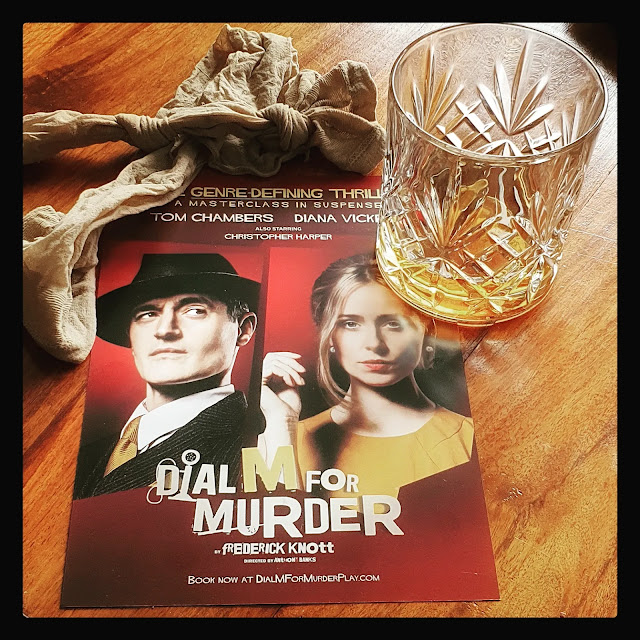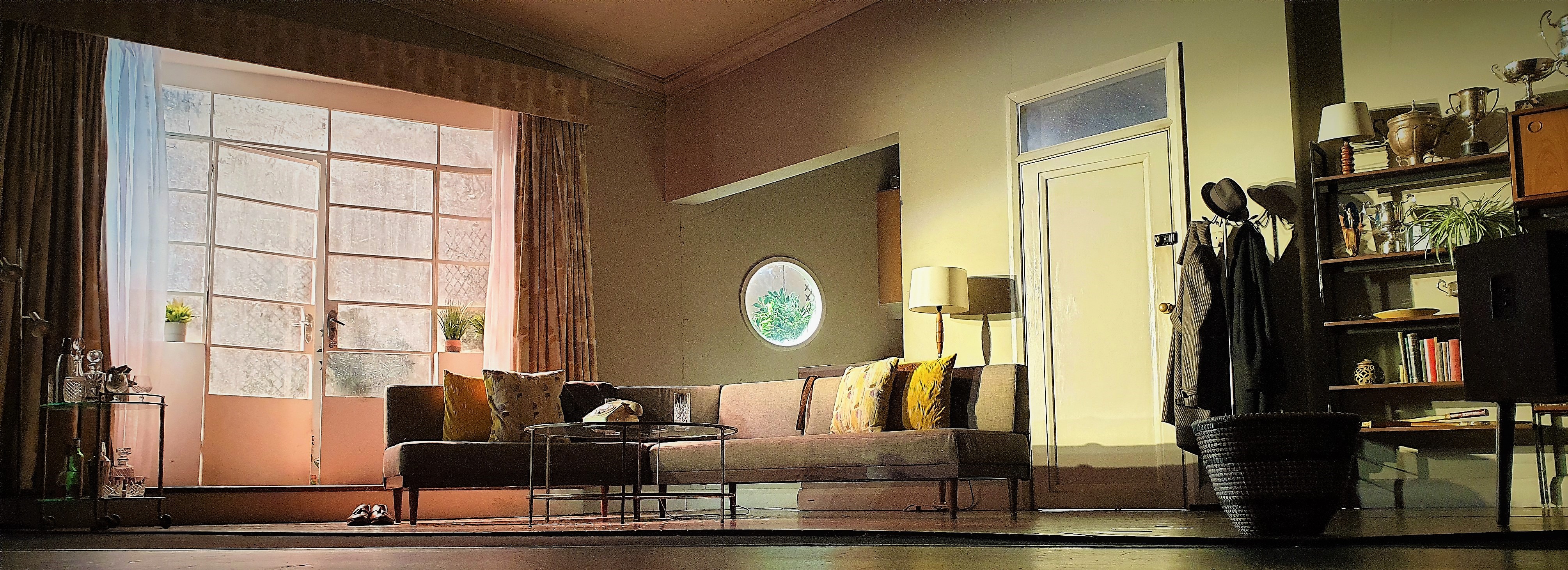When I was driving somewhere new, I would study my map book – I would work out which route I was to take and write down the major junctions I needed on post-it notes which I’d stick to my dashboard…discarding each one as I travelled along my hosen route. Now of course it’s much easier, I never bought a Satnav but I have become reliant on Google Maps on my phone…or as I call it Satnav Woman.
Satnav Woman is brilliant...until she isn’t. She can tell you which route to take and then reroute if there’s an accident or heavy traffic ahead, but she can also be a bit slow telling you where to go, or perhaps a little unclear in her meanings. And then there are the times when she just won’t listen. It’s times like these that Satnav Woman and I will get into a little spat.
SATNAV:
“Make a U-turn.”
ME: “I
can’t – there are cones down the centre of the road.”
SATNAV:
“Make a U-turn.”
Me: “I
can’t, it clearly states no U-turn on the signs ahead.”
SATNAV:
“Make a U-turn.”
ME: clearly very agitated “Which part of I CAN’T don’t you understand you
stupid Bi**h?”
Now I’ve always thought of my interactions with Satnav Woman
mildly entertaining. I mean why would you lose your temper with an inanimate
object? It makes no sense, and in a rational world you wouldn’t. But perhaps we
don’t live in a rational world anymore. Perhaps it’s normal to start shouting “what do
you mean” when she’s telling you to “keep left to go right at the fork.”
Perhaps I’ve been looking at my interactions with Satnav Woman all wrong.
Isla, a new play by Tim Price, is a co-production between
Theatr Clwyd and the Royal Court and directed by Theatr Clwyd’s Tamara Harvey.
It explores the relationship between a man and a voice activated digital
assistant during the period of lockdown.
Roger’s daughter, Erin, is concerned that her father will be
alone during the pandemic and that he’ll forget to take his daily medication.
She buys him Isla (think Alexa or Siri) and she will help Roger with his
shopping orders, relay telephone calls to him when he has mislaid his ‘phone,
remind him to take his tablets each morning – she can even play music when he’s
feeling a bit lonesome. Roger is not convinced and explains to Erin (Lisa
Zahra) that he takes his statins every morning as soon as the morning newspaper
is delivered. He has his own routine; he doesn’t need her interfering in his
life.
Erin is clearly worried about her father and concerned that
during the pandemic she won’t be able to pop in as freely as she used to. They must
keep their distance, so Isla will be a great help. Despite her persuasive attitude,
Roger (Mark Lambert) is not convinced, he doesn’t want this technology
infiltrating his life, he’s not ready to embrace this new world, and we witness
the hilarity and hatred of the digital age as he tries to interact with this
machine, literally pulling the plug on it as it continues to frustrate him. But
soon stubbornness becomes inquisitiveness and Isla is plugged back in. Roger is
in lockdown, he can’t interact with people anymore and as loneliness takes
hold, he begins to have conversations with Isla. First of all he asks simple
questions and he is taken aback by Isla’s breadth of knowledge, and soon quiz
questions turn into shared memories with her, he voices his concerns, his
anxieties, his frustrations at not being able to interact with living human
souls.
There is a particularly poignant moment when Roger asks Isla
to phone his daughter as he desperately wants to talk to her, but he knows she
is busy at work, so he tells Isla to stop the call. He then asks her to make
the call…then stop the call. This struggle between wanting to speak to his
daughter but equally not wanting to be a burden is heart wrenching and shows
that technology can never replace the importance of human interaction. We
suddenly have such empathy for Roger that we are shocked by what happens next.
Lambert is superb as Roger; we spend each passing day in his
company, witnessing the daily monotony of the newspaper delivery, boiling the
kettle for a morning cuppa, taking medication; a never-ending cycle of the
humdrum of life. A life spent yearning for normality to return…for a father to
be able to hug his daughter. We’re called to think about the loneliness of the
elderly, how the young are slaves to the workplace if they want to achieve
anything, and how today’s modern living can mean relinquishing your privacy.
Kind, sweet, lonely Roger starts to throw a curve ball, he’s
become so used to Isla he now throws the same casual abuse at it as I have
often done to my Satnav. Casual abuse turns into sexist phrases. But this is a
machine, you can’t demean a machine, there’s no harm in a light bit of banter
is there? Maybe not for Isla, but Erin used her account to set up the digital
assistant for her father – his words become her words, and words have dire consequences.
A new layer of complexity is added to the play, a darker more thought-provoking
piece of writing. As Catrin Aaron, the voice of Isla, appears on stage in
police uniform, you realise that words do have consequences when they are
misapplied. Roger is quizzed by PC Jones about the language he has been using,
the meaning of the words he has chosen to direct at Isla, the intention that
they imply. All too soon we must consider the harsh reality of the links
between hate speech and domestic violence. It seems a far reach, but then
consider that until very recently, digital assistants have been female. Female
names, female voices…servants by any other name and therefore to be treated as
dirt.
It's an interesting question why digital assistants have
always been female. Some companies have advised it is because the human brain
is developed to like female voices; but we know women receive criticism for
being “screechy” so this excuse doesn’t really work. Microsoft said it found a
female voice to best embody the qualities expected of the digital
assistant—helpful, supportive, and trustworthy. Perhaps the real truth of the
matter is that companies don’t want to admit to gender bias. A digital assistant
is there to be bossed about, Alexa do this, Cortana do that…and up until
recently, society expected women to fulfil these roles. And if you lose your
temper to a female device, why can’t that spill over into a real domestic setting?
Whilst we don’t see Lambert and Zahra on stage together for
much of the play, we still get a sense of their deep connection as father and
daughter, and it makes the final scenes even more important, showing that a
machine can’t give the love and support that a person needs. Digital assistants...anyone got a hammer?!
Isla by Tim Price https://www.bloomsbury.com/uk/isla-9781350280427/
Theatr Clwyd - Emlyn Williams Theatre until 6th
November 2021

































